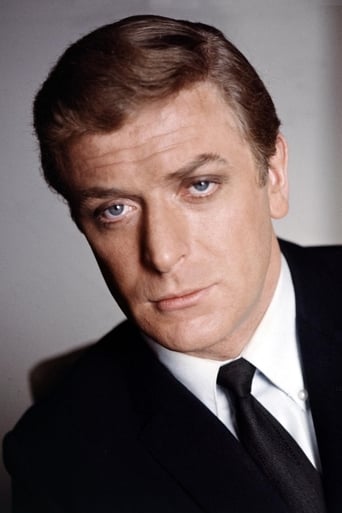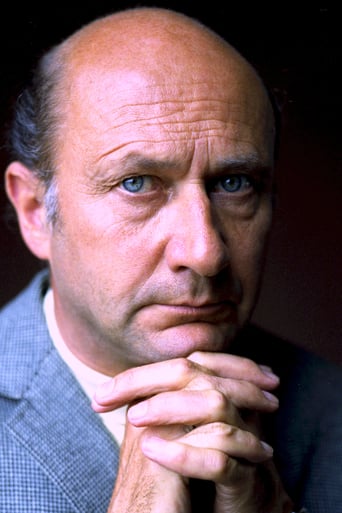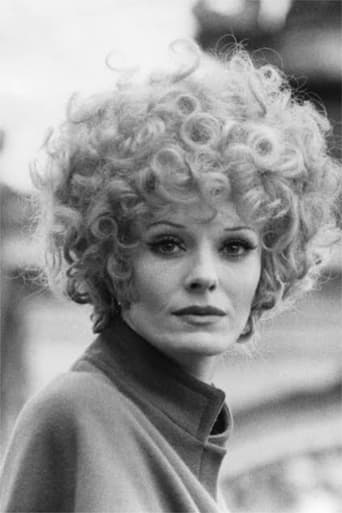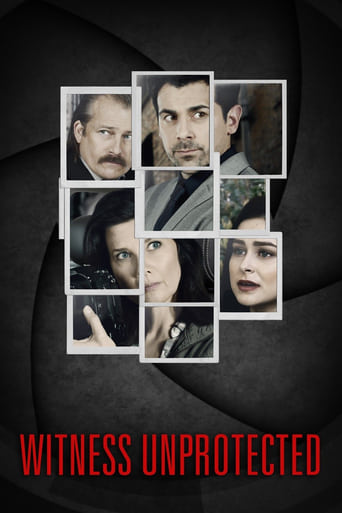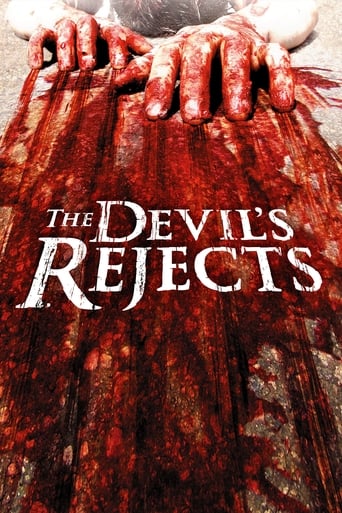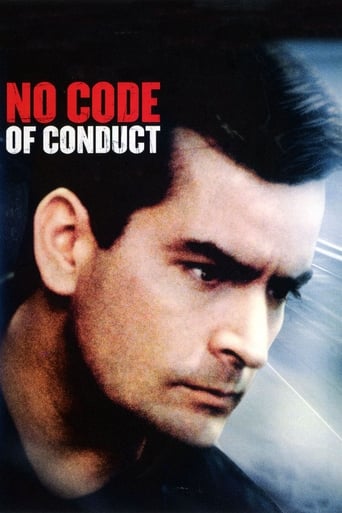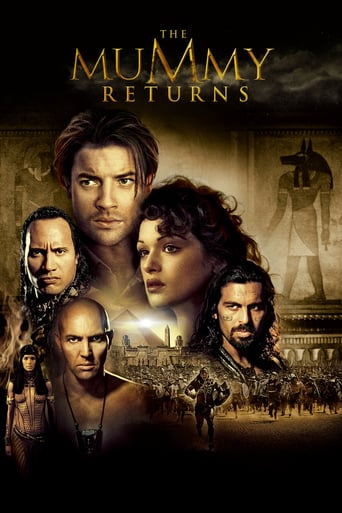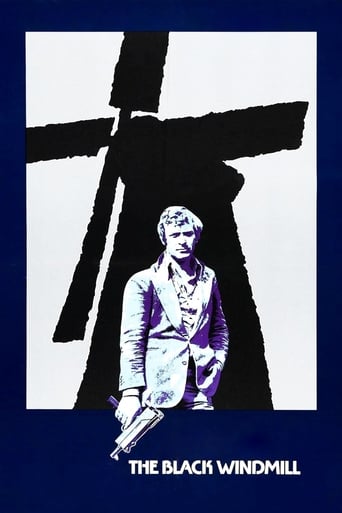
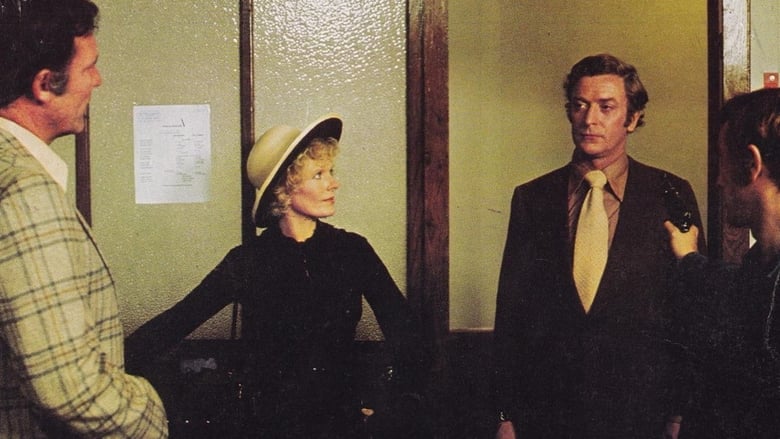
The Black Windmill (1974)
A British agent's son is kidnapped and held for a ransom of diamonds. The agent finds out that he can't even count on the people he thought were on his side to help him, so he decides to track down the kidnappers himself.
Watch Trailer
Cast
Similar titles
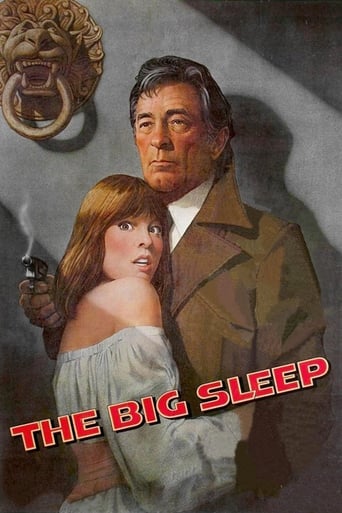
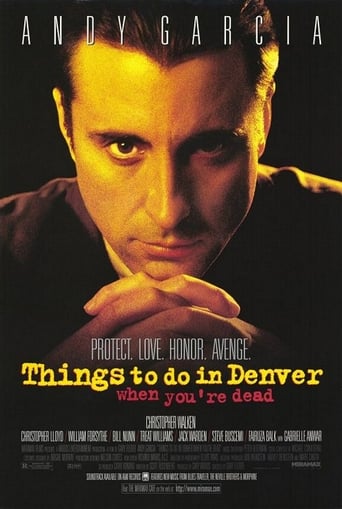
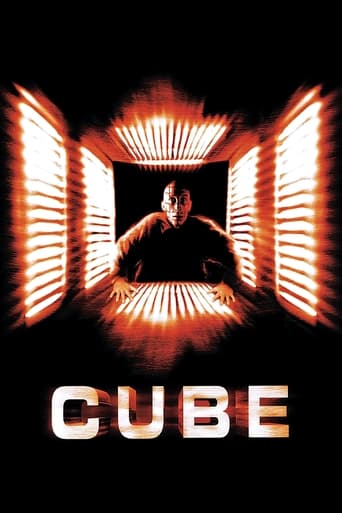

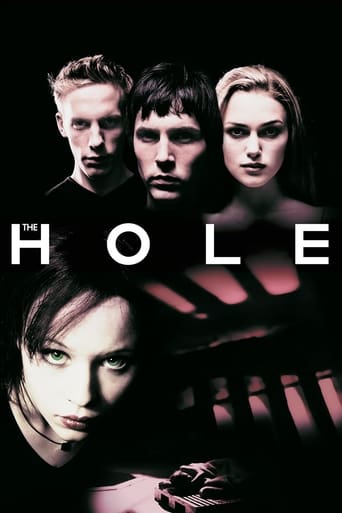
Reviews
Purely Joyful Movie!
How sad is this?
Good movie but grossly overrated
By the time the dramatic fireworks start popping off, each one feels earned.
This is a very odd film. The plot is extremely convoluted: a gang abducts the son of one man (Michael Caine) with no money, in order to obtain diamonds from the government (via Donald Pleasance). Pleasance then refuses the diamonds to Caine (thus proving the gang should have chosen someone with money) who then steals them and travels to France with a James-Bond-esque suitcase. Meanwhile the gang is meticulously trying to implicate Caine in the abduction (for some unclear reason) which involves killing their own female gang member and framing Caine. But when he is captured by the police they help him escape...If this were not convoluted enough, the writers obviously try to lighten the tone of its harrowing subject matter (child abduction and torture) with some comedy moments which seem very misplaced.The whole "implicate Caine" subplot is particularly strange and seems more to inject a bit of lurid sensationalism (nude snaps and dead girl in bed) and to provide an excuse for a poorly executed escape sequence. I'm not even sure why the capture/escape is staged in France apart from the fact that French cops have guns and therefore Caine can be shot at. This brief French excursion unnecessarily causes another poorly staged sequence; his need to get back into England.One also wonders why the girl would allow herself to be photographed etc. Planting evidence incriminating your own guilt is hardly a good idea, and she must surely have smelt a rat? All this shot in the unimaginative fashion of a typically gritty 1970s British film (with typical music too) which makes us think more of a long episode of THE SWEENEY than anything cinematic (compare the feeble pursuit on the underground here with that in the FRENCH CONNECTION which was obviously the inspiration for it).
For this work, scenes of "action", a Don Siegel specialty, are less significant than those that generate characterization and plot, functioning to release tension rather than keep it at bay, although the director's customary taut pacing and stoniness are here, within a twisty story largely faithful to its source, a Clive Egleton novel: "Seven Days to a Killing", strongly scripted by Leigh Vance to further define the character-focused film. A cleverly fresh storyline involves a kidnapping, the victim being son of MI-5 operative John Tarrant (Michael Caine), with a ransom demand for greater than one half million pounds worth of uncut diamonds that are resting within a Defence Ministry safe, as an unknown traitorous official has informed the abductors, with subsequent dual scenario devices of Tarrant's struggle to retrieve his son held by illicit arms syndicate villains, along with Ministry efforts to culpably link Tarrant with the conspiracy. The film benefits from attention to continuity, no loose ends rupturing one's concentration, with heed to detail perhaps its primary strength, yet telling contributions come from many, including players Caine, who adds a needed element of engagement to his Harry Palmer persona, Delphine Seyrig giving a splendidly nuanced performance as companion of the principal evildoer (played with effectual guile by John Vernon), and Donald Pleasence earning the acting laurels here as a dispassionate MI-5 security chief, along with Clive Revill, Joss Ackland, and ever intense Janet Suzman.Siegel's hand is apparent in the spare deployment of music, with scoring and silence each appropriately employed; palette and filter for well-composed cinematography and montage (shooting is in London, Paris and the Sussex countryside); a symbolic use of clothing colours; and accomplished post-production efforts, all increasing the worth of a piece undervalued by some reviewers, indeed by Caine himself, unfortunate in the event as the film is one of Siegel's finest, his skill with improvisation mating well with capable workmanship.
I've read several comments that point out the clumbsiness of the action editing in "The Black Windmill." I think what is being overlooked is that what we have been seeing for the past thirty years on tv and video has been a pan-and-scan version of a Panavision film. The action was designed for a widescreen and we've only been seeing half of it, sloppily panned-and-scanned, making it seem jumbled. I believe that the widescreen dvd release will prove me right.Admittedly, in terms of Siegel action-drama quality,this flick falls in the middle ground between the great "Dirty Harry" and the so-so "Telefon." But even the low-budget Telefon is much more exciting in its original wide aspect ratio than in "full" screen.
Michael Caine has always been one my favorite actors, but unfortunately he often starred in mediocre-at-best vehicles and had roles that wasted his talents. "Black Windmill" is such a vehicle: long, confusing, flat, nasty, interminable and thoroughly routine. The picture does show some occasional signs of wit (watch for the early scene where the name "Sean Connery" is mentioned), but is really marred by its clumsy editing during the (few) action scenes. Even Caine himself just goes through the motions. At least the movie has the blue-eyed John Vernon, who makes a convincing villain.
